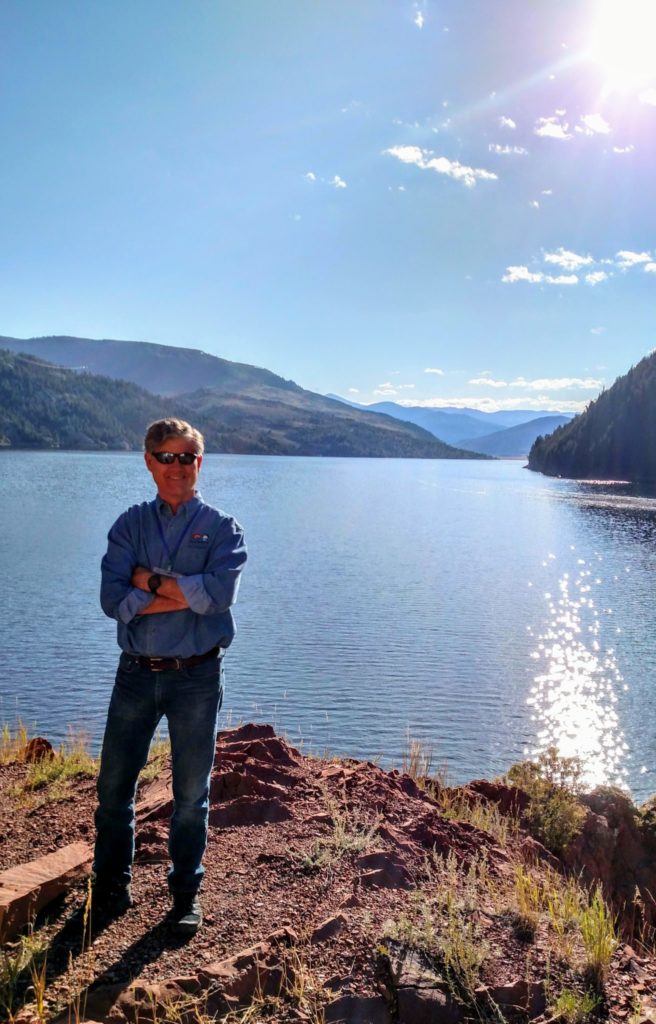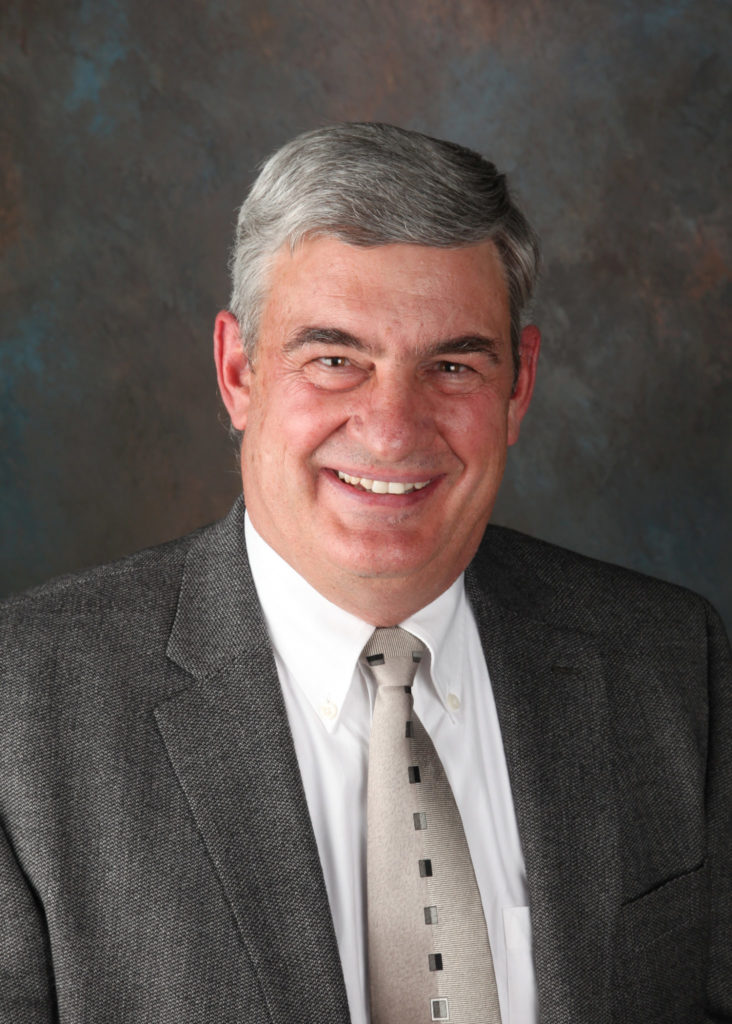
Colorado State University long has led the field in water resource studies, since Elwood Mead created the first irrigation engineering course in the country in the late 1880s at what was then called Colorado Agricultural College. Mead, a pioneer in many respects, also became the first Civil and Environmental Engineering department head and the first Wyoming state engineer, the top water authority for the state. It’s no surprise, then, that many of the region’s state engineers graduated from CSU’s engineering program. Both Colorado’s and Wyoming’s current state engineers are alumni.
In the dry western states, water is both vital and scarce. Colorado and Wyoming charge a state engineer with regulating and administering this critical resource.
“Like all of the arid western states, Wyoming is no different in understanding the value of water,” said Greg Lanning, who was appointed Wyoming’s state engineer in October. “It’s a great honor to be the Wyoming state engineer. I’m very proud to have been called to serve the state in which I was born and raised.”
Wyoming’s state constitution defines water as essential and declares all naturally occurring water property of the state. The state engineer’s position is so important it is enshrined in the constitution.
Top water authority
Often the position is described as the state’s “top water cop,” supervising and protecting water use for the greatest good, but a state engineer’s responsibilities are expansive and complex.
The state engineer evaluates and approves plans for water use, ranging from irrigation to recreation. They oversee the diversion of water according to a very complicated system of water rights, requiring engineering, legal and administrative expertise. They provide expert information and strategic direction for the state on all things water related. With the help of staff, state engineers monitor streamflow, issue well permits and inspect dams for safety.

“The state of Colorado understood the importance of water and the value and potential of irrigated agriculture,” said Lanning, who worked with Professor Neil Grigg and former Professor Paul Nowak to complete his M.S. degree in 1993. “The CSU legacy dates back to the very beginning of water development in the state and has played a role in research and projects throughout the nation and the world.”
To give you an idea of just how important water is to Colorado, the state has seven water courts – based on its seven major river basins – that determine water rights. Colorado State Engineer Kevin Rein consults with the courts and appoints a division engineer for each basin. He also is commissioner on five interstate compacts, with the responsibility for assuring compliance. As state engineer, Rein directs the Colorado Division of Water Resources and manages more than 250 employees.
CSU’s history of state engineers
Rein considers himself to be in good company with past Colorado state engineers, several of whom also are CSU alumni. Five of the past six graduated from CSU, dating back to 1951: Dick Wolfe (2007-17), Hal Simpson (1992-2007), Jeris Danielson (1979-92), A. Robert Owens (1965-68) and J. Eugene Whitten (1951-64).
“CSU’s engineering program, especially in the water resources discipline, was as highly regarded when I graduated in 1981 as it is today,” Rein said. “I was fortunate to get a solid foundation in coursework. However, what was more relevant to me was the learning environment created by faculty that was so energized in developing engaged engineers.”
Rein recalls a daunting senior project assigned to him by Professor John Labadie that required him to write computer code combining least-cost routing algorithms, engineering principles and construction considerations to create a cost-effective storm sewer design. Labadie transferred his enthusiasm to Rein, and the outcome was a significant accomplishment for an engineering student.
“That’s what I took away from CSU, the feeling that I didn’t graduate with just a diploma and an education, rather I was part of a discipline that had diverse opportunities for lifelong learning and achievement,” Rein said.